Let's thrust.
I write about three teas that appear in ascending order of disco. I had several sessions, spread over the course of a week or so, and enjoyed the lot of 'em.
The first is a sample of a cake that Peter of Pu-erh.sk kindly provided. This sells for 9 Euro per 7g, or a rather bowel-constricting 459 Euro per 357g. That's a lot of Euro, for a 2013 cake.
(There are 100 Merkels to the Euro, and 100 Euros to the Bailout, making the price of this cake 4.59 Bail-outs.)
The first is a sample of a cake that Peter of Pu-erh.sk kindly provided. This sells for 9 Euro per 7g, or a rather bowel-constricting 459 Euro per 357g. That's a lot of Euro, for a 2013 cake.
(There are 100 Merkels to the Euro, and 100 Euros to the Bailout, making the price of this cake 4.59 Bail-outs.)
"NO - YOU'RE NOT CHINESE."
My (two-year-old) son speaks sternly to his English grandmother, who attempts to sing along with a Chinese cartoon that he is watching. I chuckle quietly and go back to my tea.
The scent of this "LBZ" is long and full; in the mouth, too, it is big and strong. Cakes from Laobanzhang became famous for a reason, apart from the market economics of the matter, and that is simply that the leaves taste great. I enjoy the floral "top notes", along with a little butter, and a little sweetness. It stays pollenated, dense, and full as the infusions pass and reminds me of the qualities of actual "LBZ".
My (two-year-old) son speaks sternly to his English grandmother, who attempts to sing along with a Chinese cartoon that he is watching. I chuckle quietly and go back to my tea.
The scent of this "LBZ" is long and full; in the mouth, too, it is big and strong. Cakes from Laobanzhang became famous for a reason, apart from the market economics of the matter, and that is simply that the leaves taste great. I enjoy the floral "top notes", along with a little butter, and a little sweetness. It stays pollenated, dense, and full as the infusions pass and reminds me of the qualities of actual "LBZ".
Peter writes on his company's web-site that "many people say this is the best tea they have ever had." That is quite a bold claim! It is very good, that it must be said, but I cannot number myself among that multitude. Perhaps you might like to grab a 7g quantum for yourself to see if you agree.
(Is it just me, or is 7g a little small for a quantum?)
Second on the ever-ascending list of deliciousness comes a 2004 "Big Green Tree" (a.k.a. BGT). I have previously loved the 2003 BGT, and even enjoyed a 2003 fake BGT. I remain unimpressed by the 1999 blue-black BGT and the 1999 red-label BGT, comfortable in my heresy.
The light-orange soup has the classic sweet-straw scent of the Yiwu area from which this tea derives. Peter writes that it was a special order, made for a customer in Taiwan by "an employee of Menghai Tea Co."
This cake has been well-stored; it has a clean woodiness and a vibrant kougan [texture in the mouth]. Yiwu sweetness, orthodox and straightforward, lingers nicely in the mouth. As with some of the other Menghai cakes from Yiwu-region, it has a light after-scent that I find myself wishing to describe as "fishy". I am reminded of Menghai sessions with Apache.
There is a density of "orange" at its centre, and hints of maltiness and oxidation, with a stable and incompressible flow of sweetness. This is a well-made tea; it is strong, sharp, and cleanly woody. It is a constant and stable pleasure on which my mind might rest on this cloudy June day (as was the time of writing in my journal when I first encountered this tea).
"It changes little, but perhaps does not need to do so." For the price of 60something Euro, this is looking like rather a bargain. Thanks to Peter for kindly providing both teas.
"It changes little, but perhaps does not need to do so." For the price of 60something Euro, this is looking like rather a bargain. Thanks to Peter for kindly providing both teas.
Strap on your dreadnought armour, fire up the titan, get your dropships ready: it's time for another session with tea from my Eldar companion from Singapore, "Elvin".
As has often been the case lately, I rely on these samples from Elvin to redress the balance. Before drinking this tea, I had been battling through some anonymous and fairly terrible modern shengpu samples (not the class acts listed above), and needed some redemption.
This '98 cake has long leaves, with the inviting scent of sharp humidity. Singapore must be absolutely baking at the time of writing (late summer), and yet I went to two parties yesterday in full battle armour, including waistcoat and bow-tie. I cannot imagine surviving if forced by the climate to wear shorts every day.
This is heavy, delicious, and extremely comforting. There is quite a lot going on in the cup, which is dominated by the complex character of rosewood - the variety used to make my teatable, to be precise.
It is complex indeed, with its heavy malt giving way to woody sweetness, and with a complementary tang of minerals reminding us of its storage. Its duration is good; it does not penetrate deeply into the throat, but dwells nicely in the mouth. I could happily drink this all day. At least, that is, until the museum opens - one of my eldest son's current favourite places to visit (after the swimming pool).
Looking back at my notes for this tea, I see page after page of battle-plans, laying out my presentation for an interview of some significance that I was going through at the time. The notes from the tea are few and far between, but, where they exist, they are high in praise. This tea is a rock-solid example of good CNNP. A masterpiece indeed.
To Elvin, and to the Craftworld in which he roams the galaxy with his compatriots, I offer my sincere thanks.
To Elvin, and to the Craftworld in which he roams the galaxy with his compatriots, I offer my sincere thanks.
Addendum
July, 2015
This is a Saturday morning session, on a date that has significance for many not of this country! I am happily drinking the CNNP Orange, which is vivid and energetic. It has a mineral, humid flavour that has settled and aged. It is humidity, from a distance.

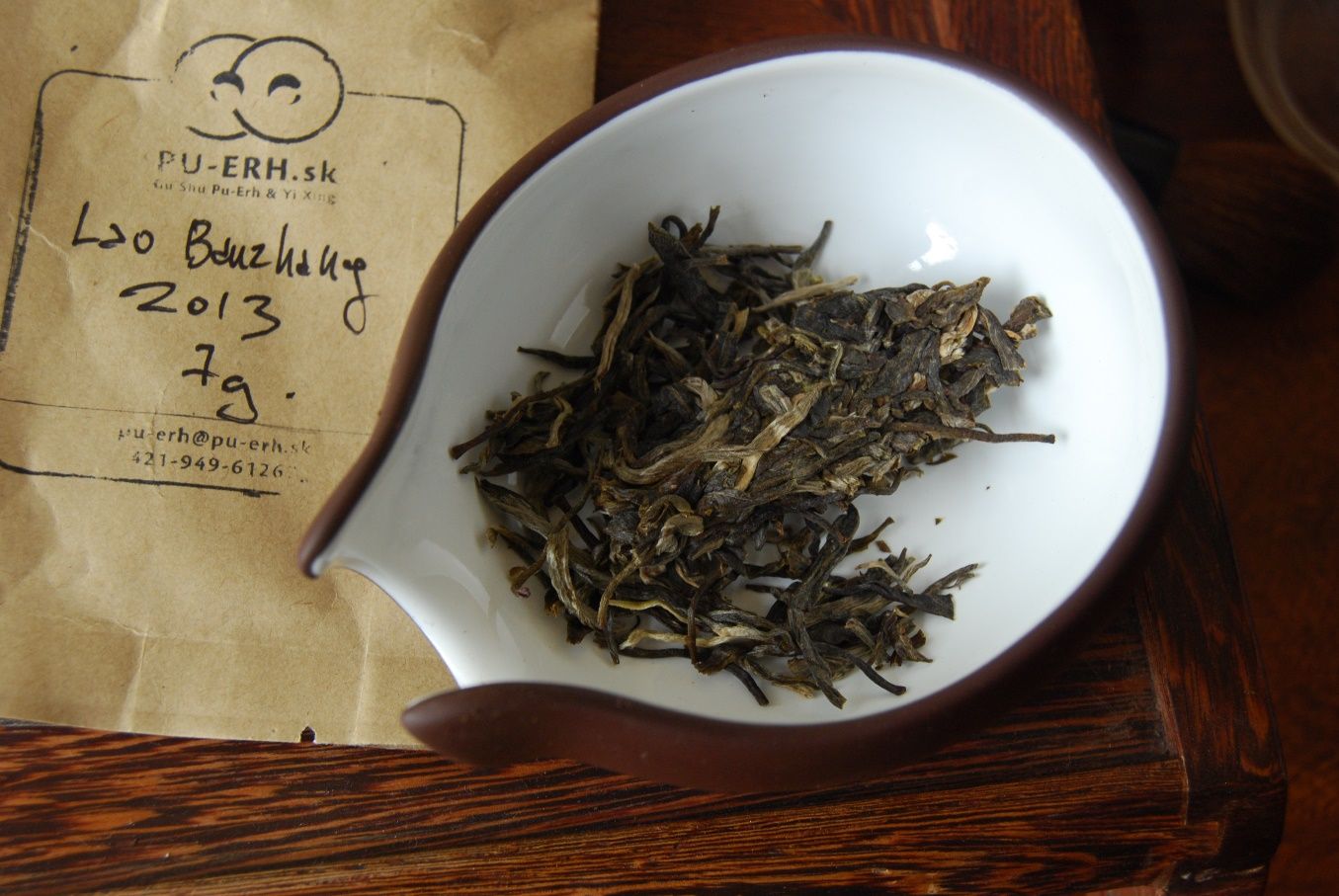
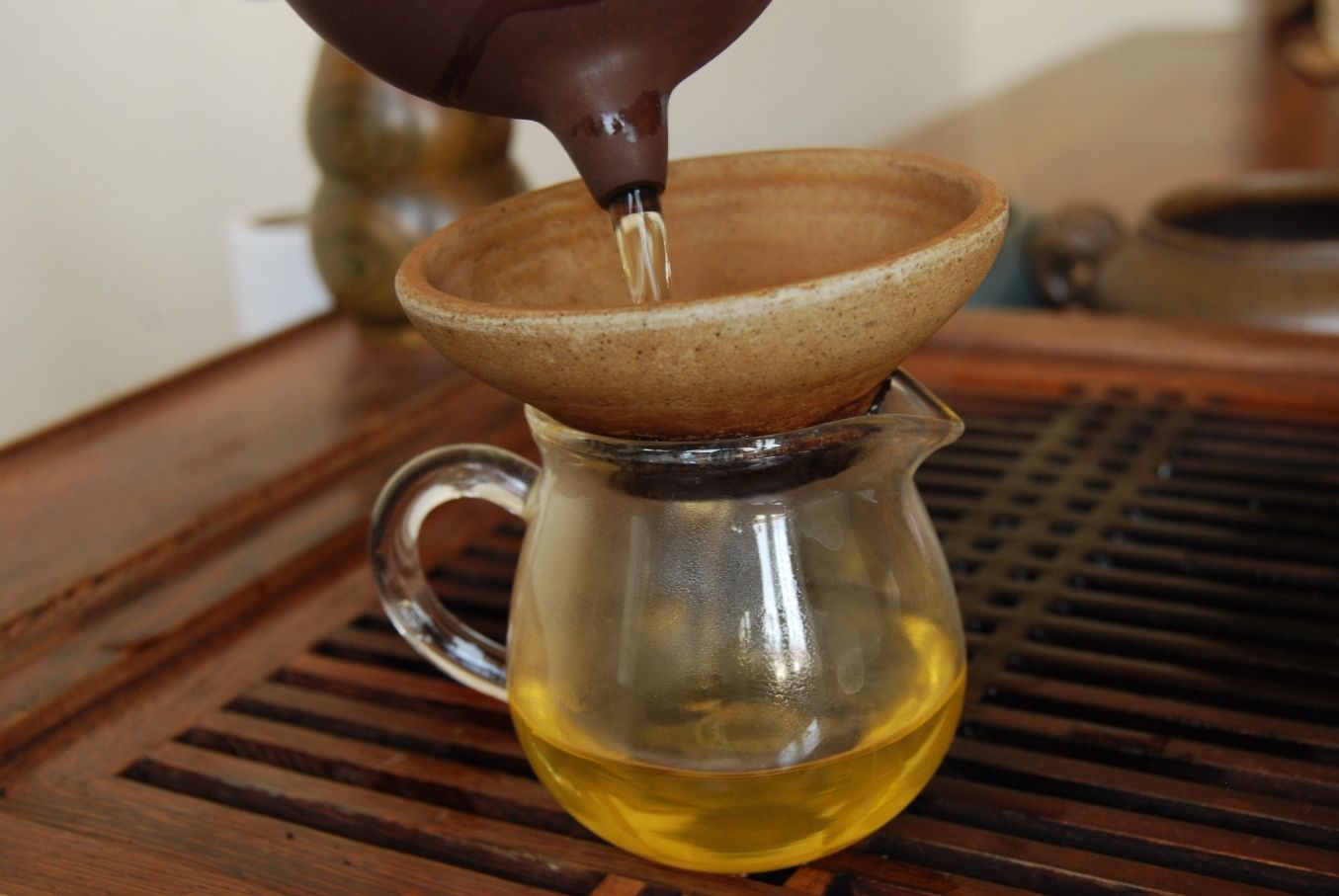
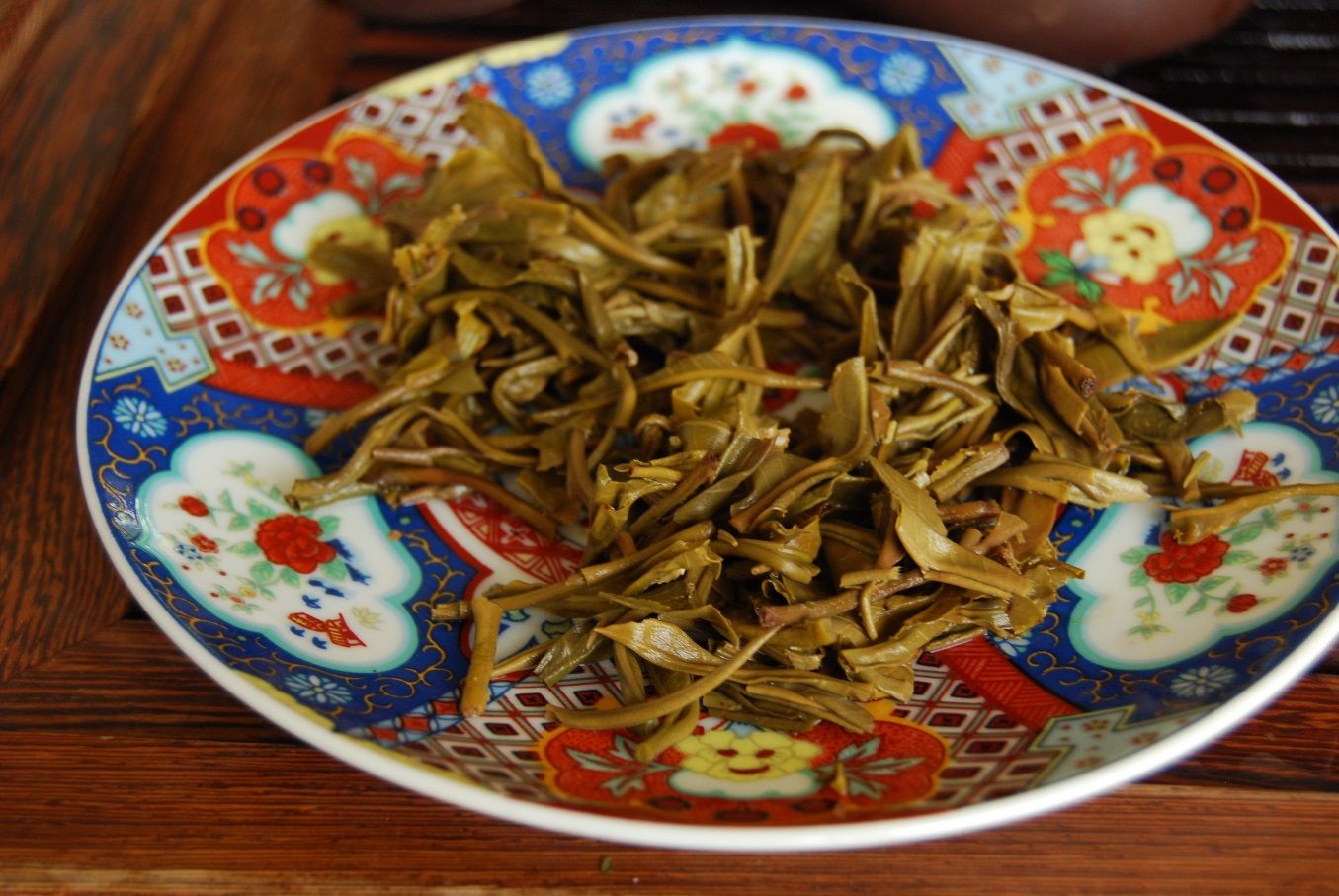
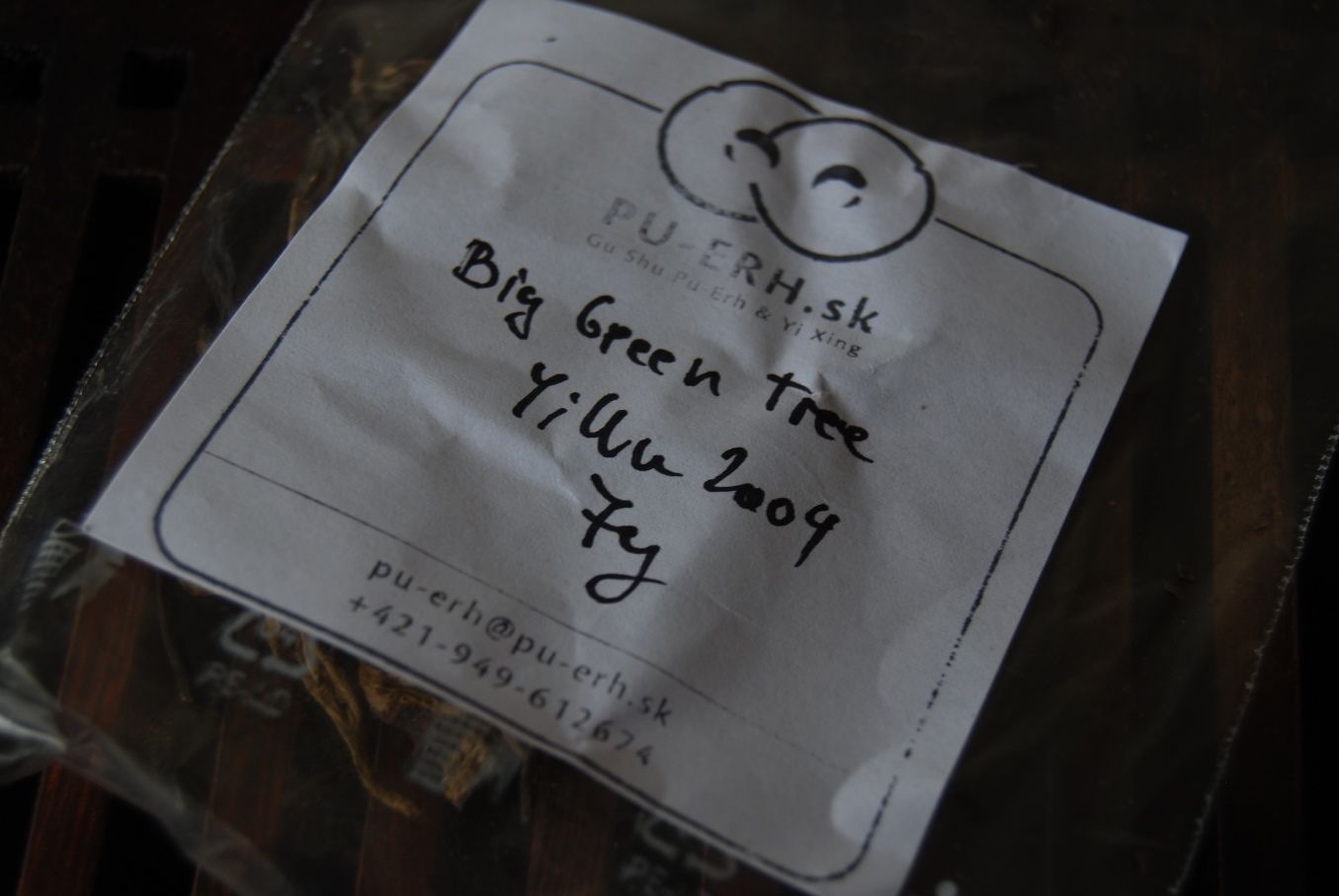
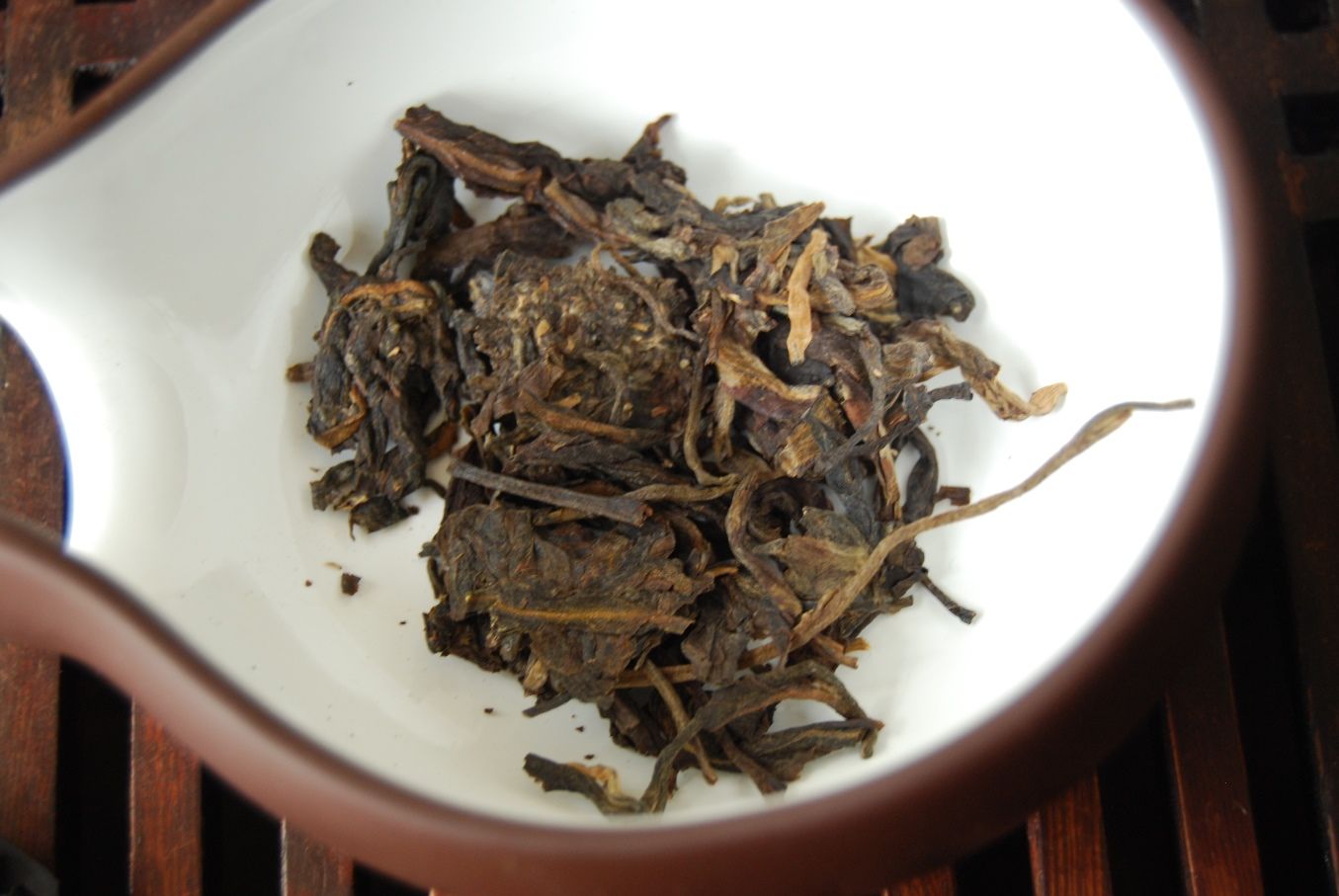
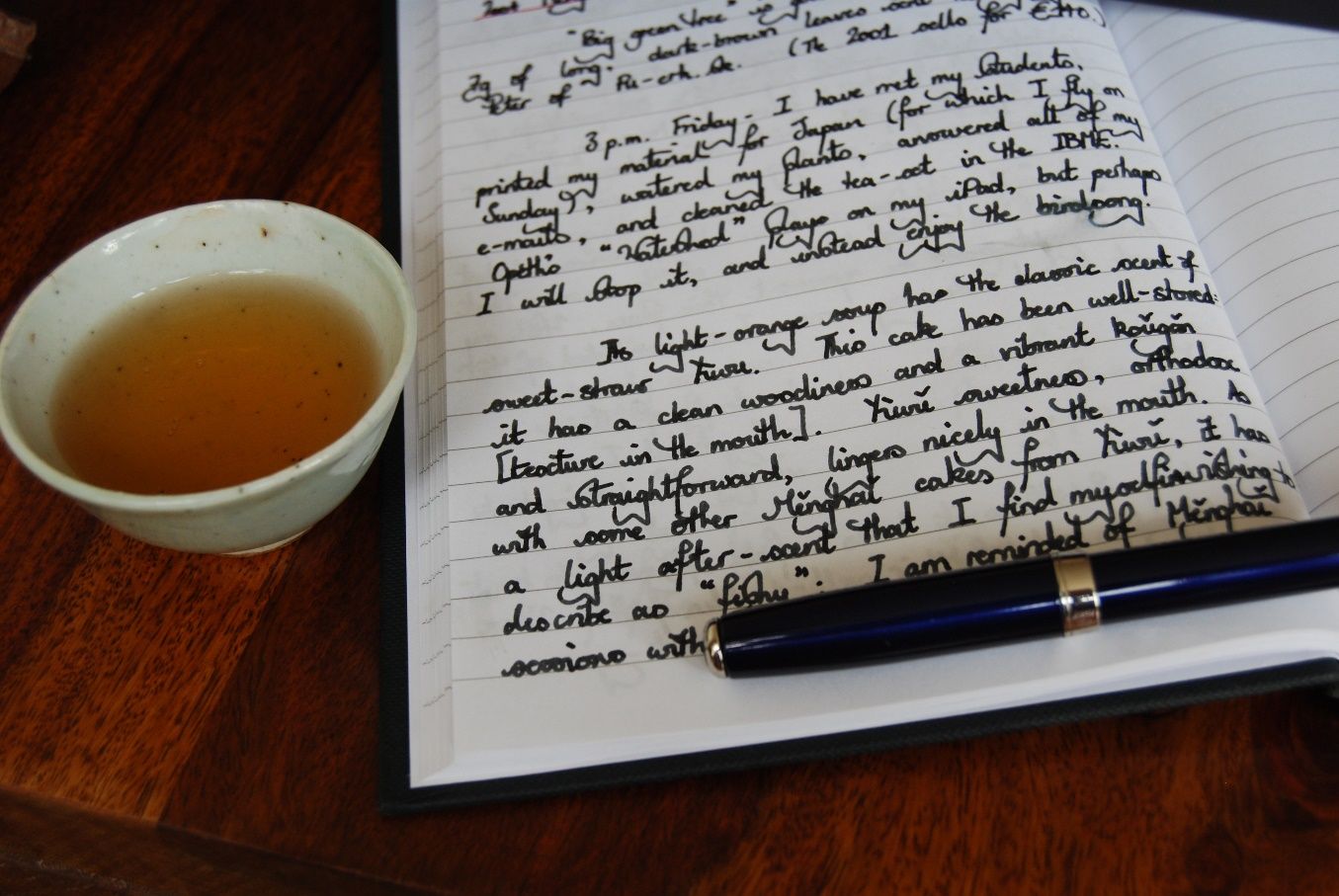
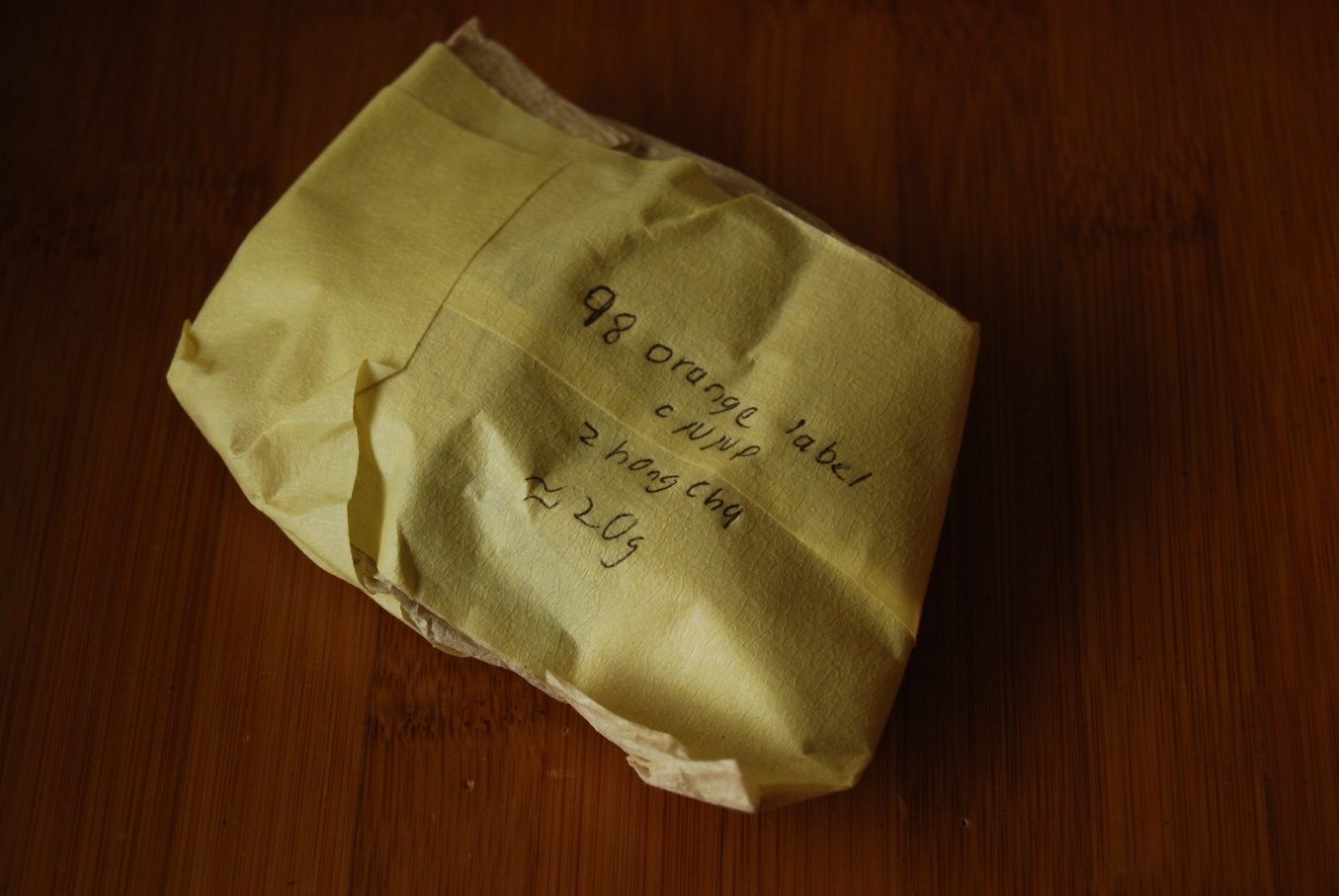
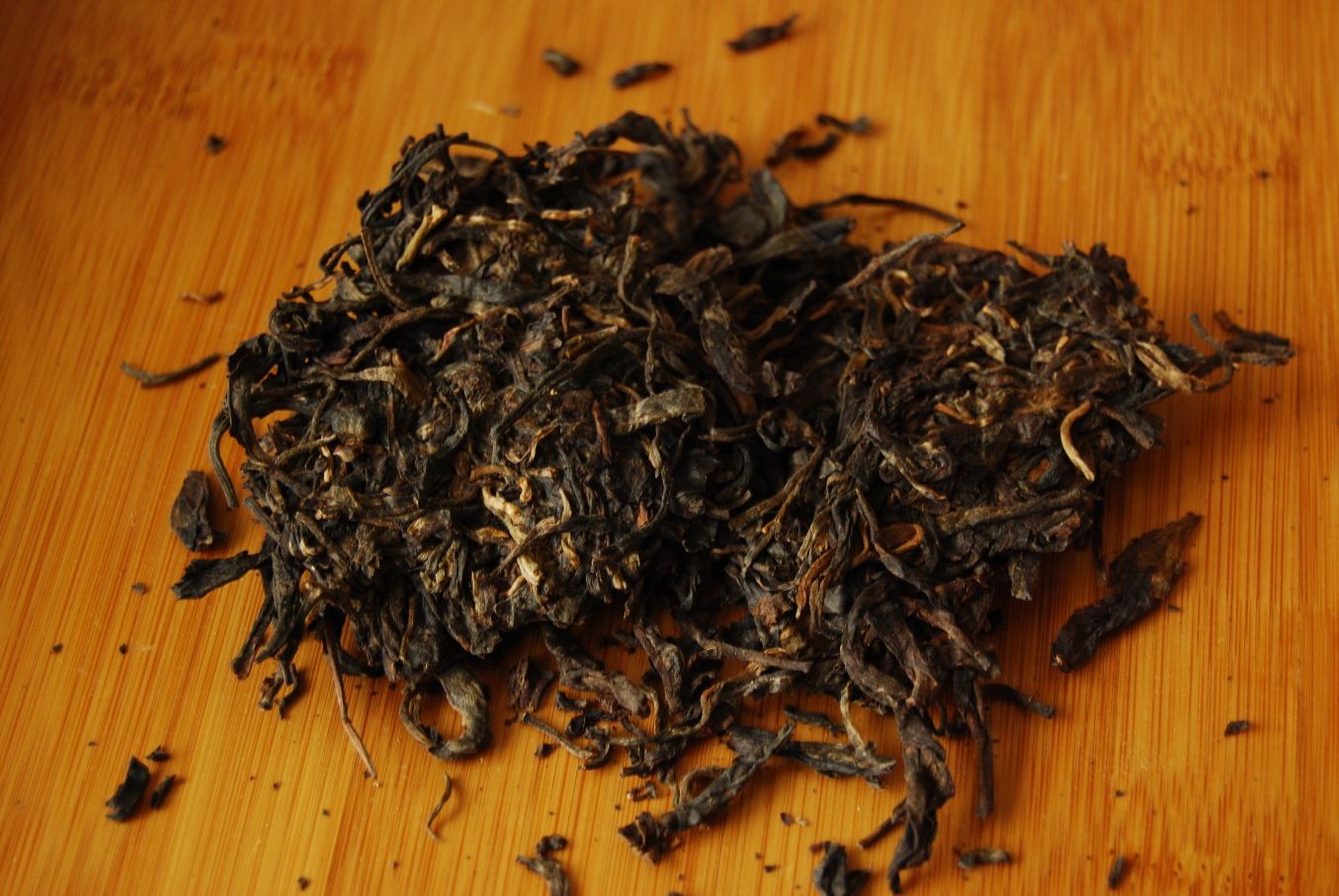
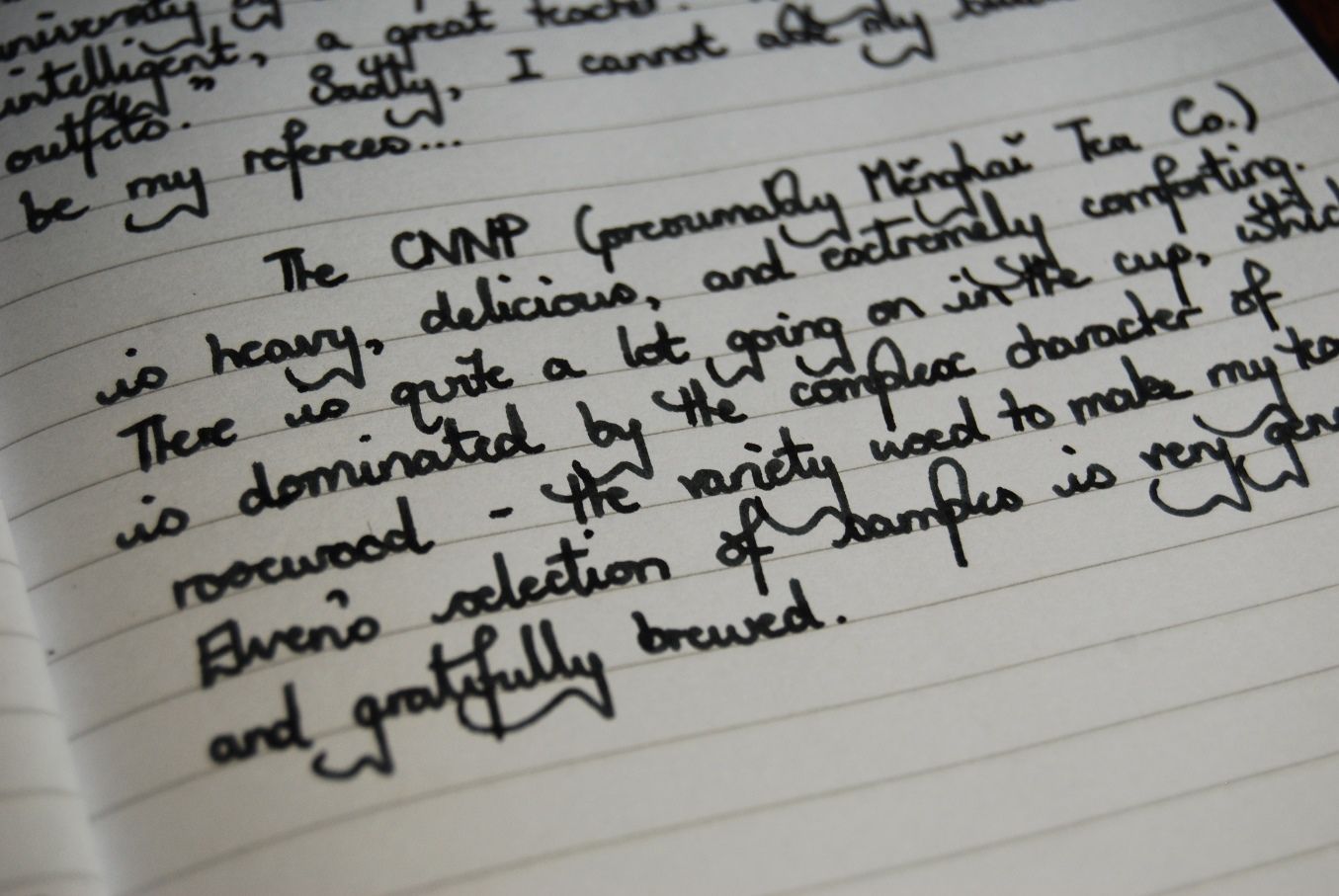
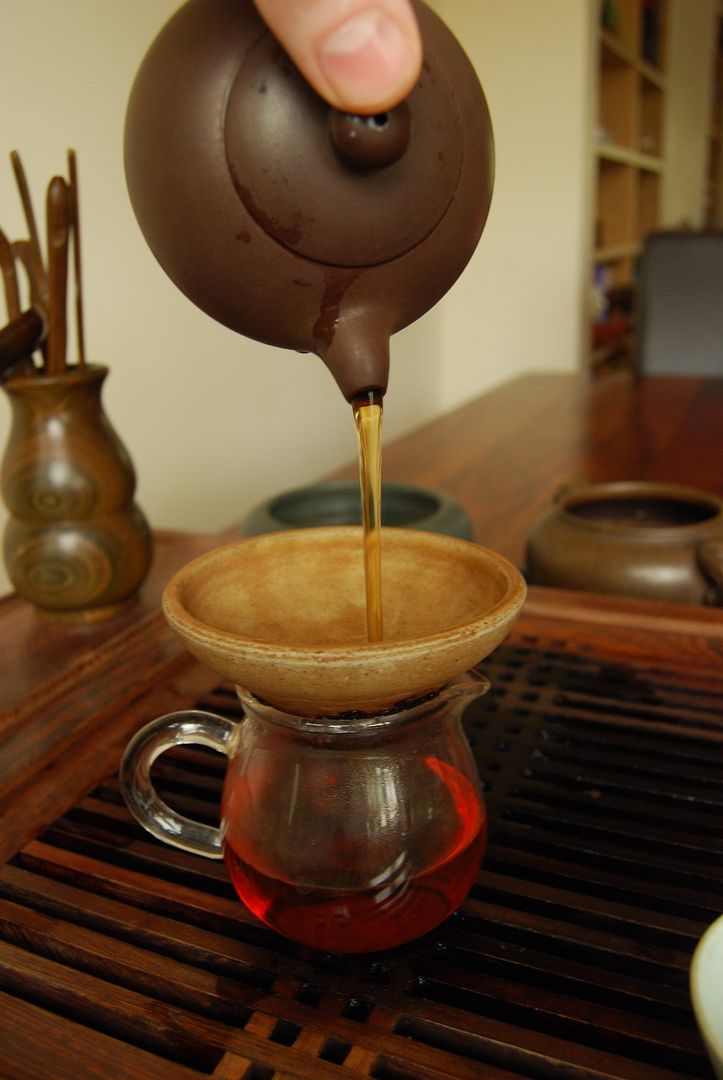
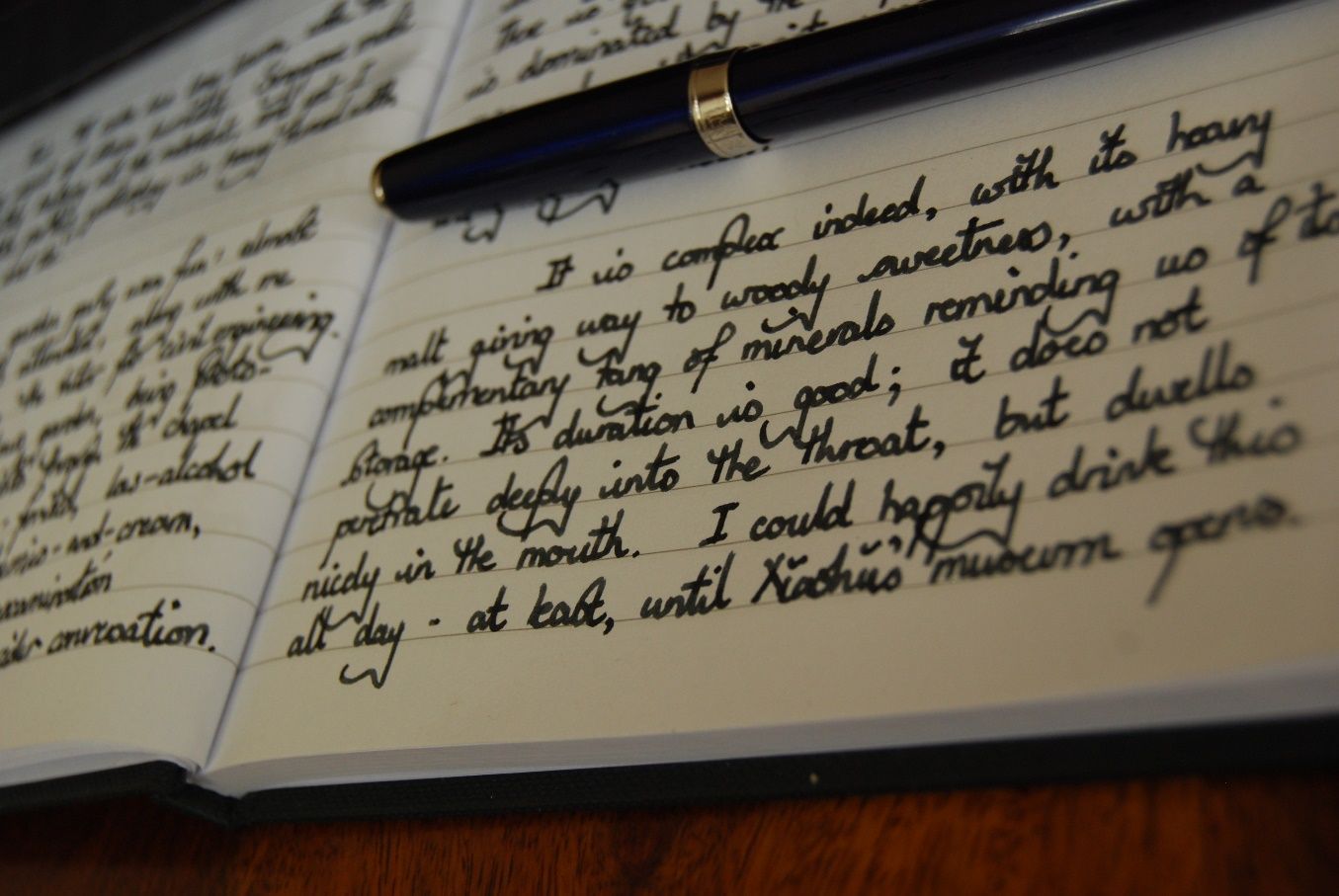
Dear Hobbes,
ReplyDeleteI am enjoying the 2004 Yiwu BGT. It was included with my first order from PU-ERH.sk Hopefully it will still be in stock after your devoted read this. It is a bargain.
All The Best,
Charles